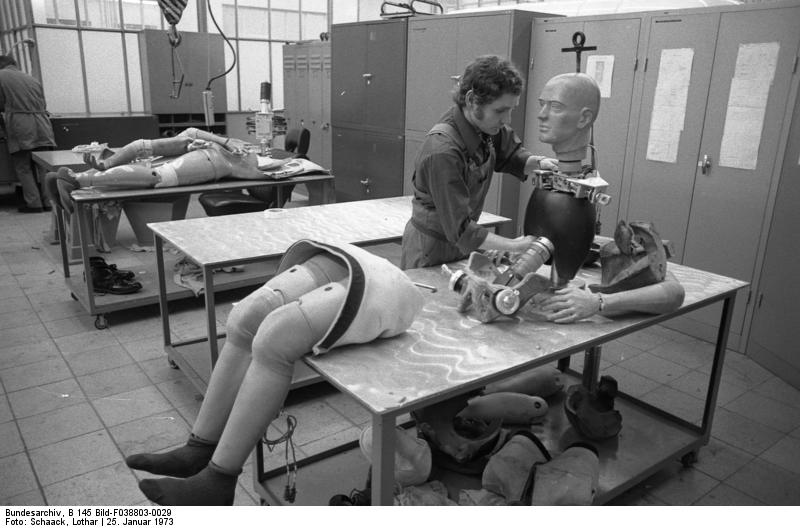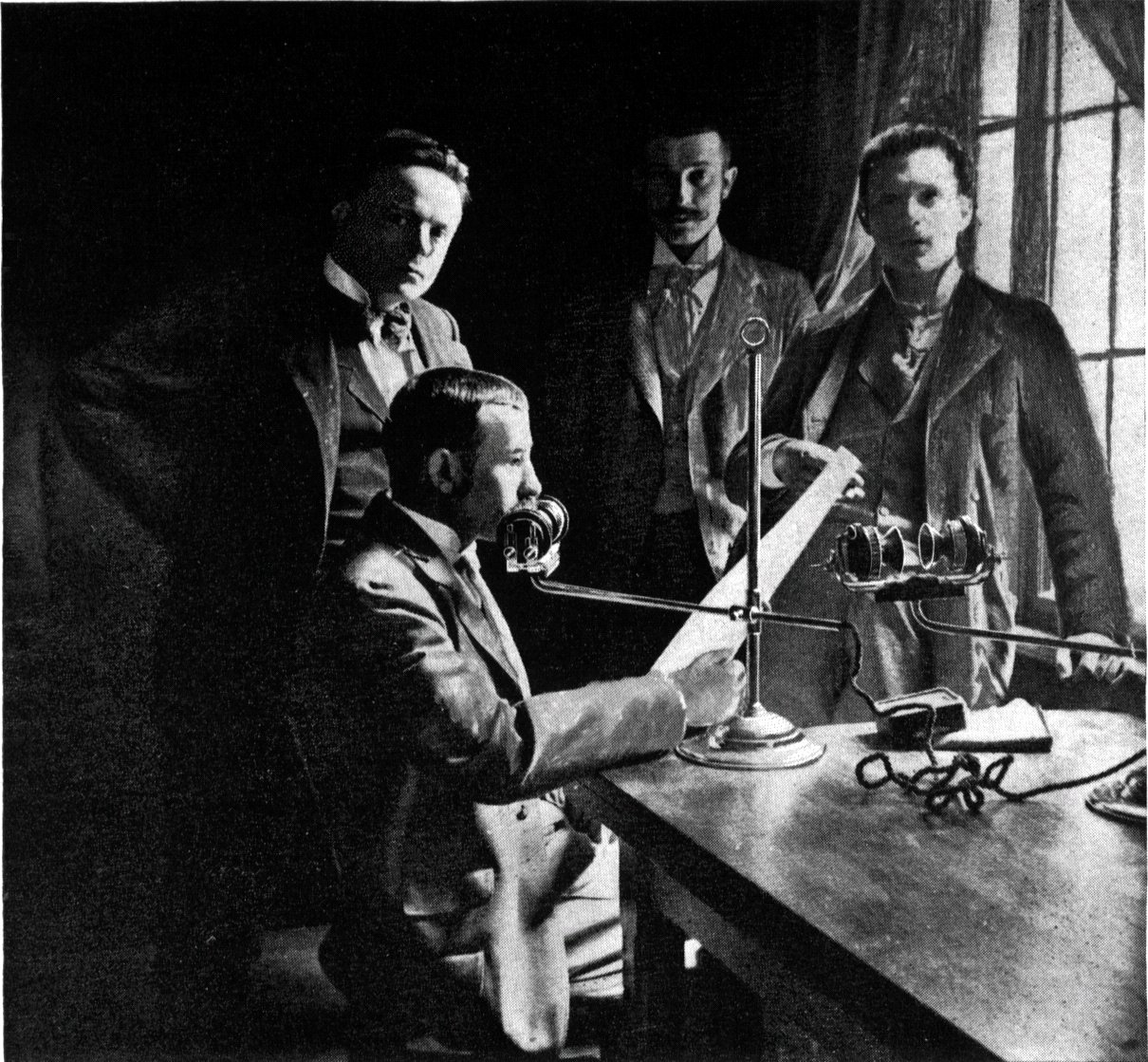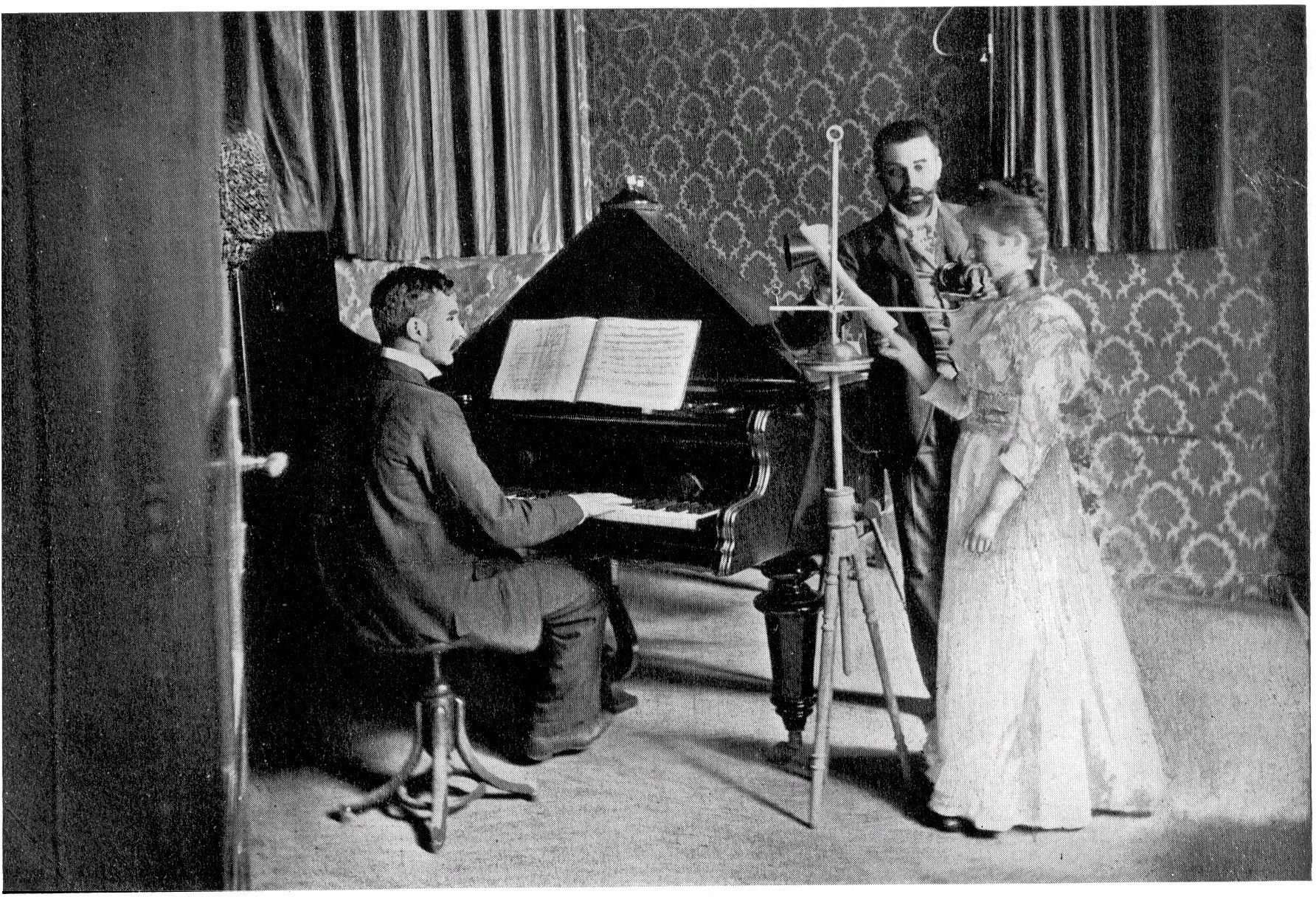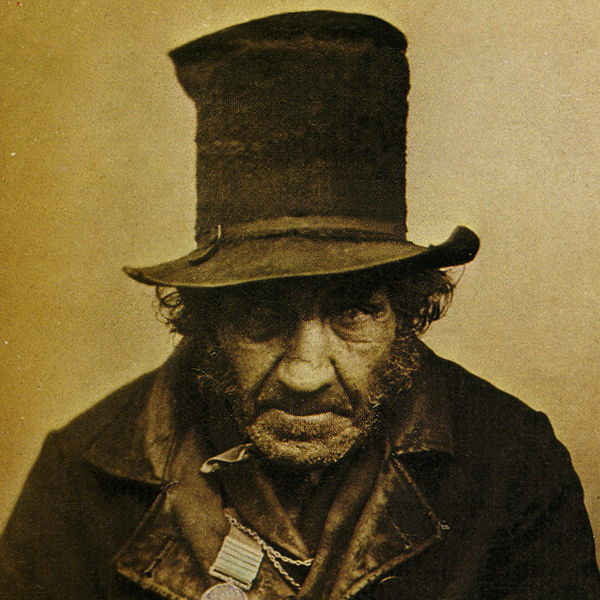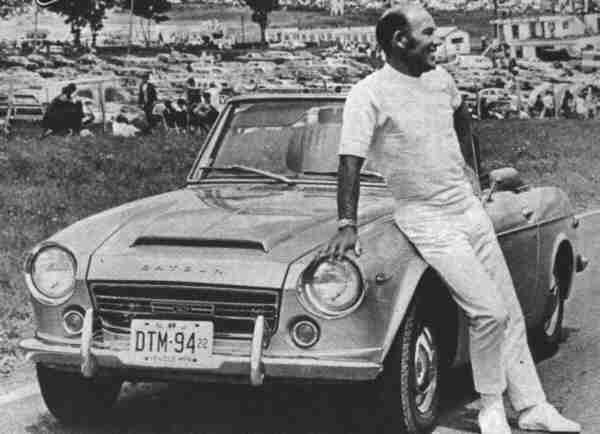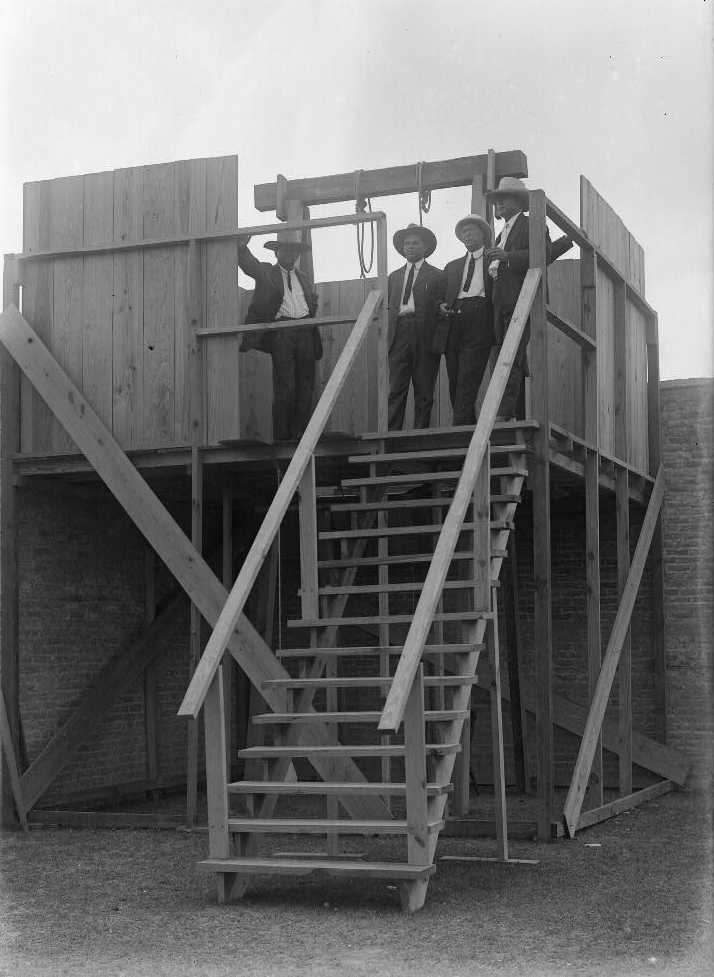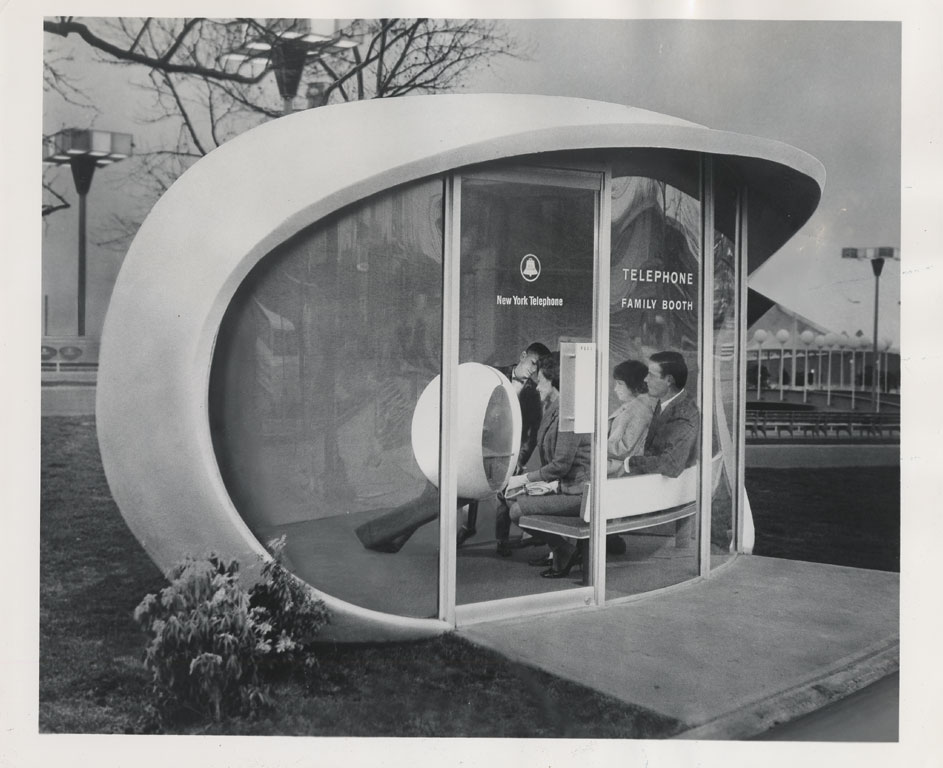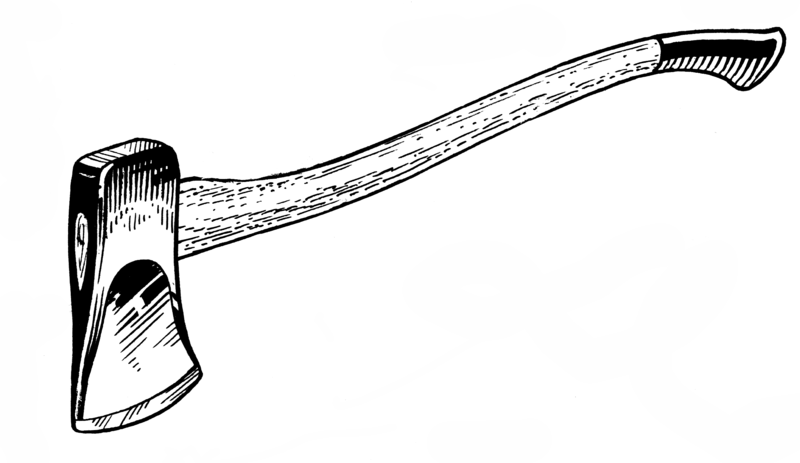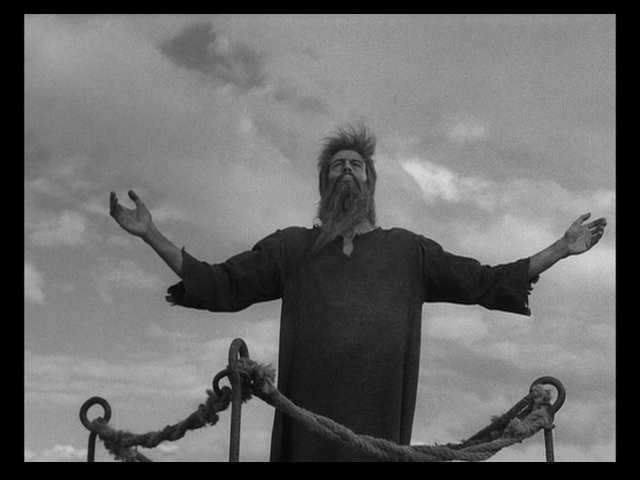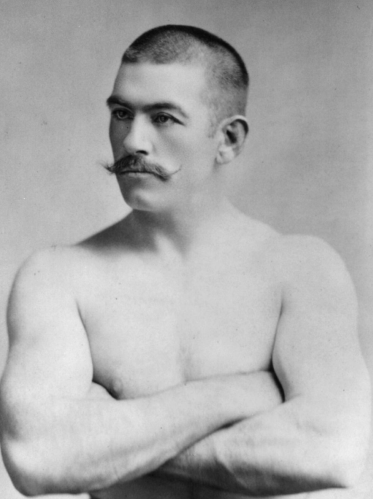
“You’re an old woman, anybody could lick you.”
John L. Sullivan, gloved boxing’s first heavyweight champion, made a fortune and ended up a broken-down charity case like so many great pugilists. He had a wild ride of living large, drinking hard, acting on stage, losing money, being sued, etc. And sometimes he wasn’t the source of the problems that plagued him. From the October 27 1889 Brooklyn Daily Eagle:
“Boston, Mass.–‘I will kill John L. Sullivan,’ shouted Tommie Shea this afternoon. He was armed with a big revolver and had been drinking heavily. Instead of killing Sullivan, Shea lies at the City Hospital to-night with his throat cut from ear to ear by one of Sullivan’s companions and will probably die. Recently Liney Tracey, a Brooklyn boxer, who was a second for Sullivan in a fight with Kilrain, and who was booked for the champion’s latest proposed sparring tour, was talking with Shea. The latter had just been released form State Prison, having served three years for highway robbery.
Sullivan saw them, and, calling Tracy one side, said: ‘Keep away from that man, he’s a crook.’
Tracy very foolishly told Shea what Sullivan had said and Shea swore he would kill the champion as soon as he had opportunity.

Sullivan-Kilrain, 1889.
About 2 o’clock this afternoon Shea entered Sugarman’s pawn shop and bought a thirty-eight calibre bull dog revolver for $2.50.
Meeting friends later, he told them he had a revolver and what he intended to do. A policeman soon after induced Shea to give up the revolver. Shea left the officer, telling his friends he intended to buy another gun. Sullivan sat in a high chair in Hogarty’s barber shop at 4:30 o’clock this afternoon having his shoes polished when Shea entered and sat down in a chair for a shine. Then a wrangle of words began between the champion and the man in the chair. Remarks similar to this were made by Sullivan to Shea: ‘You’re an old woman, anybody could lick you.’
In the barber shop was Tommy Kelly, an ex-lightweight pugilist, who won his fame when he fought Siddons Mouse on an Island down the harbor some time ago. Kelly took a hand and a bloody hand it proved to be.
Kelly had been drinking. He seized one of the Italian’s razors, and, approaching Shea, drew it across his throat, cutting a gash from ear to ear. The blood flowed a stream and there was intense excitement in the little shop. Sullivan jumped from his seat, took the razor away from Kelly and kicked him out into the street. Shea was taken, weak from loss of blood, to the hospital, and late to-night the physicians declared him almost beyond hope of recovery. Kelly gave himself up to the police. So far he has made no statement as to his side of the case.”









